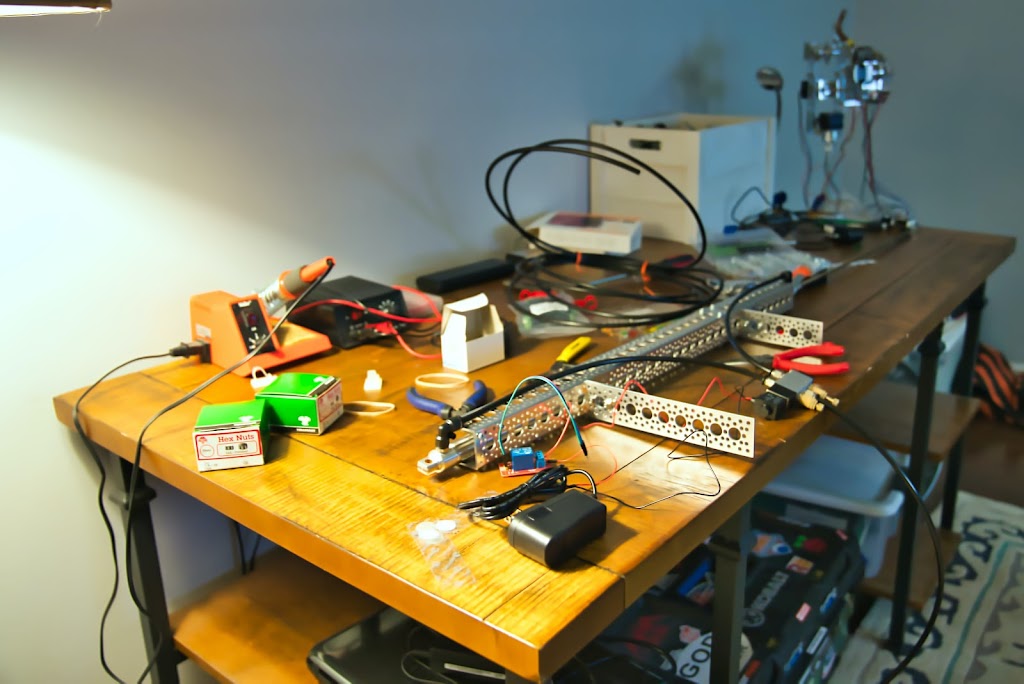When it comes to programming microcontrollers, the choice of programming language depends on several factors such as the specific microcontroller platform, the project requirements, and personal preferences. There are several programming languages commonly used for microcontrollers, each with its own advantages and considerations. Here are some popular programming languages for microcontrollers:
C/C++:
C and C++ are widely regarded as the most common and versatile programming languages for microcontrollers. They provide low-level control and direct access to hardware, making them efficient choices for resource-constrained devices. C/C++ are known for their speed, efficiency, and extensive support from microcontroller manufacturers. They also have a large community of developers, making it easier to find resources and libraries for microcontroller development.
Assembly Language:
Assembly language is the lowest level programming language, providing direct control over the microcontroller’s instructions and registers. It offers maximum control and efficiency but requires a deep understanding of the microcontroller’s architecture. Assembly language is often used in critical applications where timing and performance are crucial.
Python:
Python has gained popularity in recent years for microcontroller programming, thanks to the availability of microcontroller platforms with built-in support for Python. MicroPython, a subset of Python, is specifically designed for microcontrollers and provides a higher-level programming interface compared to C/C++. Python is known for its simplicity and ease of use, making it an attractive option for beginners and rapid prototyping.
JavaScript:
JavaScript is primarily associated with web development, but it has also made its way into the microcontroller world. Platforms like Espruino provide JavaScript interpreters for microcontrollers, allowing developers to leverage their web development skills for microcontroller programming. JavaScript is known for its flexibility and the extensive ecosystem of libraries and frameworks.
Rust:
Rust is a relatively new systems programming language gaining popularity for its emphasis on safety and performance. It offers memory safety and thread safety without sacrificing low-level control. Rust’s strict compile-time checks and error handling make it suitable for critical applications where reliability and security are paramount.
Arduino Language (based on C/C++):
The Arduino platform, which includes a simplified programming language and development environment, is widely used for microcontroller projects, especially among hobbyists and beginners. The Arduino language is based on C/C++ and provides an easy-to-learn syntax and a large community of users.
The choice of the best language for microcontrollers ultimately depends on the specific project requirements, available resources, familiarity with the language, and the level of control and performance needed. It is worth considering the availability of development tools, libraries, and community support when making the decision. Ultimately, proficiency and comfort with the chosen language are essential for efficient and effective microcontroller programming.












